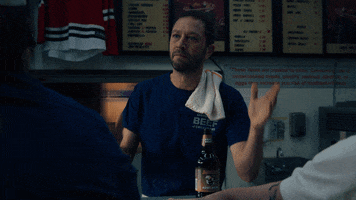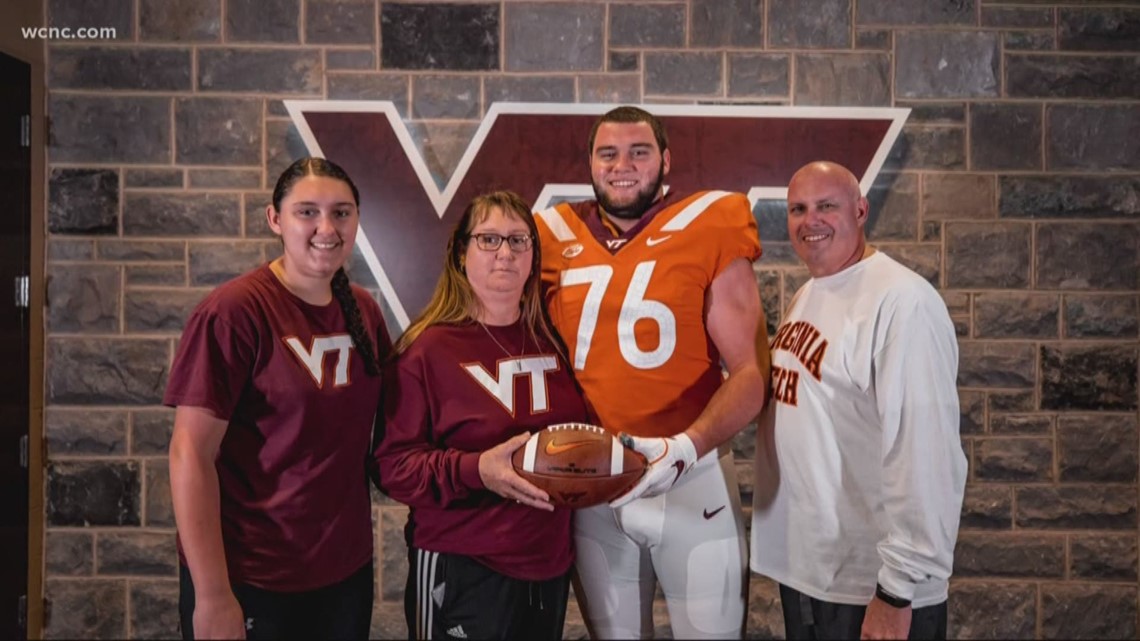In honor of JT Daniels...
Seriously, this makes a lot of sense. Not the ultimate solution, but it’s a start.
I hate the Wild West aspect of all of this but I am also struggling with the notion of empowering / enabling the schools over the individuals. I know we want to protect our GT sports programs but those same protections then also apply to the factory schools...
prohibiting kids from moving or trying to cap earnings is punitive to the kids and probably doesn’t solve the problem.
Wild West approach is free market to the kids but punitive to all but the biggest, wealthiest programs... and it doesn’t solve the problem.
Doodling in the margins doesn’t solve the problem and the wholesale changes they made exacerbated the problem.
I guess the best we can hope for is that leaders make measured, responsible tweaks like this and evaluate the implications. It’s harder to walk back changes...
I wish I were smart enough to solve it, but if I were, I would just be upset that no one will listen to my solutions.

Edit to add; now really reading the reasons for exemption, I realize that little has changed. Almost none of the elements noted in their three reasons for exception are quantifiable. I fully expect more Justin Fields types of waivers to be approved while less noteworthy transfers have to fight the fight and likely get denied because rhere is no spotlight on their situation. Call me a cynic, but I see business as usual.


